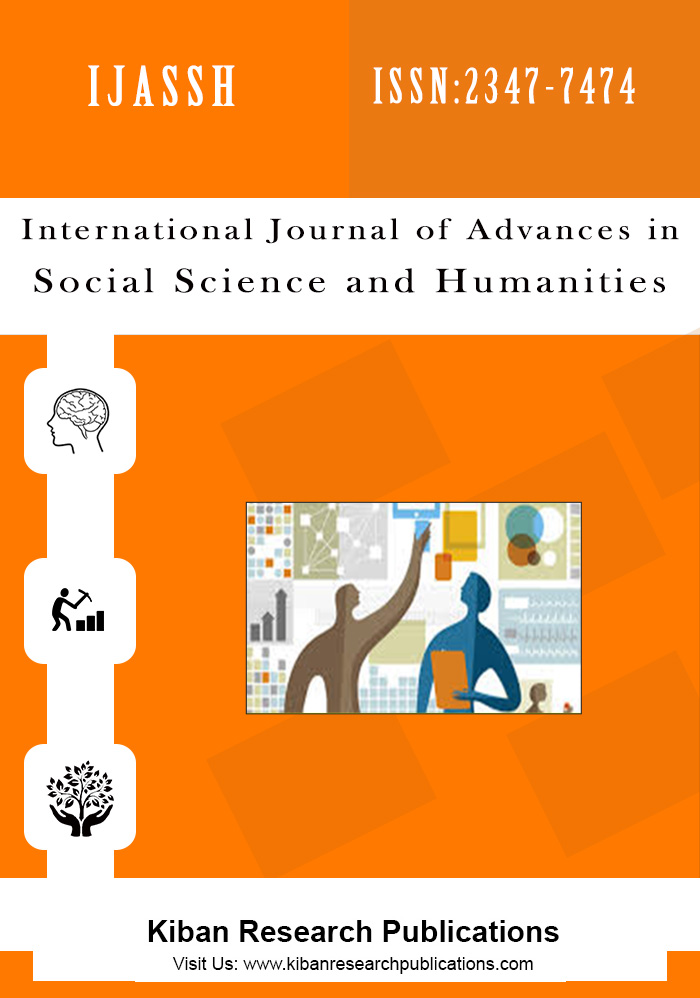Validating the Integrated Person-Centered and Existential Therapy Model (IPCE) for the Treatment of Combat Veterans with Posttraumatic Stress Disorder
Abstract
The findings and results of various studies on the prevalence and treatment of mental health disorders among US military and veteran populations, particularly Posttraumatic Stress Disorder (PTSD), indicated a need to focus on Person-Centered and Existential Treatment modalities to address the issues of moral injury and dysfunctional meaning ascribed to war trauma. Preliminary data will be presented to statistically show the effectiveness of a treatment the Integrated Person-Centered and Existential (IPCE) model developed to address the underlying existential issues of wartrauma such as loss of meaning and purpose among veterans diagnosed with PTSD. The IPCE model effectively translates the tenets of Existential Theory and Person-Centered therapy into a counseling process that is more readily accessible to practitioners and a model that can provide a measurable impact on outcomes and is replicable.Since the IPCE five-phase model lends itself to be quantifiable and measurable it is suitable for qualitative research that can provide evidence-based information of Existential therapy outcomes in the treatment of veterans with PTSD. The aim of this pilot study is to determine the effectiveness of a newly developed psychotherapy model using Person-Centered and Existential Theory for the treatment of veterans with PTSD.
Â
Keywords: Posttraumatic stress disorder, Combat veterans, Person-Centered therapy, Logotherapy, Existential
therapy.




